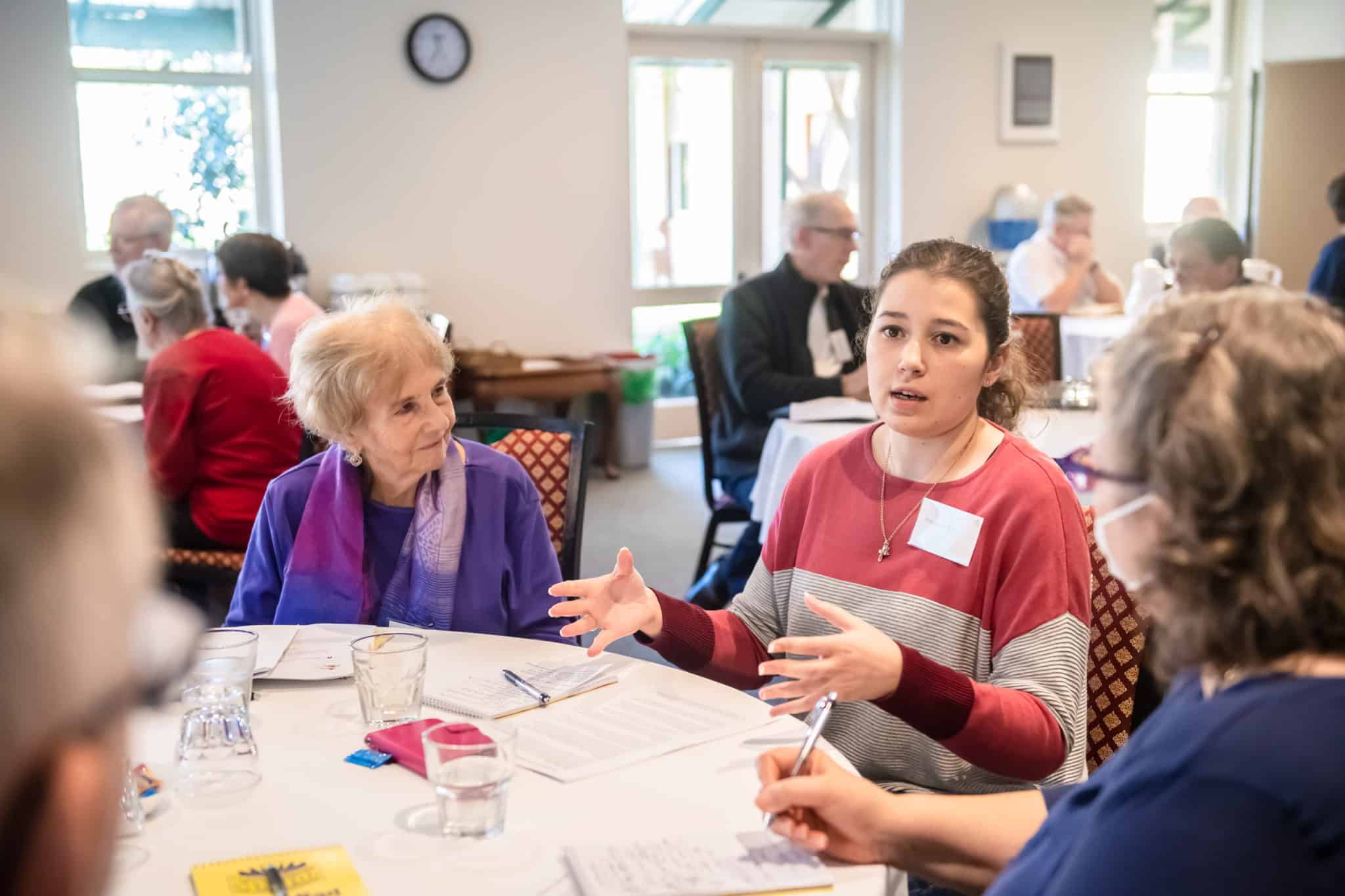
Australian diocesan submissions to the Bishops’ Synod on Synodality 2021-23 have overwhelmingly returned results calling for reform of Church structures and doctrine, with a particular desire for Rome to respond to lay desires for change.
The submissions from the Archdioceses of Sydney and Adelaide, and the Dioceses of Canberra and Parramatta, are a response to Rome’s request for a “synthesis” document from each diocese that “reflects the diversity of views and opinions” of ordinary Catholics and are “faithful to the people’s voices and to whatever emerged from their discernment and dialogue”.
While acknowledging the views of Catholics who wish for the Church to retain its traditional teaching, the reports record a desire for a diverse “welcoming Church” that changes to remain in step with contemporary mores.
Numbers of submissions regrettably low
Submissions to the Synod process were unfortunately few in number: the National Centre for Pastoral Research received individual and group submissions from Sydney accounting for only 156 people; 2600 youth participated in the Youth Synod and 2000 individuals made submissions as part of the Plenary Council process.
Of the Sydney responses received by the NCPR, 62 per cent were from women. Fifty-two percent of group responses and 70 per cent of individual responses were from people over 60 years of age.
Parramatta’s submissions numbered 650 “from within the region”, 100 of which were from the diocese itself, while Adelaide based its report predominantly on the fruits of its September 2021 diocesan assembly, held in part to “develop a new vision for the Archdiocese of Adelaide”.
Canberra’s report noted in its “desolations (lows)” section that they received “minimal, if any, responses from outside Canberra” and “next to no youth engagement”.
Sydney’s synthesis: six ‘calls’ from the faithful
Sydney’s report was launched on 14 May at Mary MacKillop Place in North Sydney. It summarises the responses it received in six “calls” from the faithful:
- A review of Church governance and management structures;
- An increase in women’s participation in decision-making, including the establishment of an Office or Commission for Women;
- Innovation in, and lay oversight of, formation for seminarians and clergy;
- Spiritual direction and formation for lay leaders;
- Revitalisation and diversification of liturgical rites;
- and an inclusive, welcoming and listening Church.
Compared to the other diocesan reports available at the time of publication, Sydney’s report presents the submissions more “objectively”, as the responses of individuals and groups to the Synodal process.
Sydney’s report concludes with a note that some of the views and “hopes for change” in the Church “are inconsistent with or repudiate current Church law”, such as calls for the abolition of priestly celibacy and the ordination of women.
Endorsing reforms
Adelaide and Parramatta, by contrast, offer stronger endorsements of the synodal process and strongly allude to the desire to “update” church teaching around sensitive contemporary issues, such as gender and sexuality.
Under “LGBTQI+ Persons”, Adelaide’s report says respondents “want the Church to accept them in their realities and to accompany them without judgment”.
The Archdiocese of Adelaide’s draft report describes the Church’s traditions as “old maps” that are “reminders of the way things once were” and “are no longer as effective to guide the contemporary pilgrim on their way”.
“New maps are required for new times, and as we blaze new trails, we must be the ones to draw the new maps so that others may follow,” the report’s introduction reads.
It also acknowledges that legal proceedings which embroiled the late Archbishop Philip Wilson in 2018 had a “profound affect (sic) on the morale of the archdiocese”.
The Diocese of Parramatta’s report likewise reports it received a minority of submissions in favour of the Church’s traditional teaching, describing them as, “voices that spoke of lamentation … those who grieve for a Church that is no longer a place of unchanging ‘tradition’”.
Parramatta’s report commits the diocese to welcoming “those most on the margins, such as the divorced, members of the LGBTQIA+, the Aboriginal communities, the refugee and asylum seekers, the abandoned, overlooked and those who feel estranged from the Church” and welcomed their participation in the synodal process to date.
Upon completion of the “diocesan phase” of the synodal process the Australian Catholic Bishops Conference will produce an “Australian synthesis” for presentation to Rome in August this year.
Related Articles:
